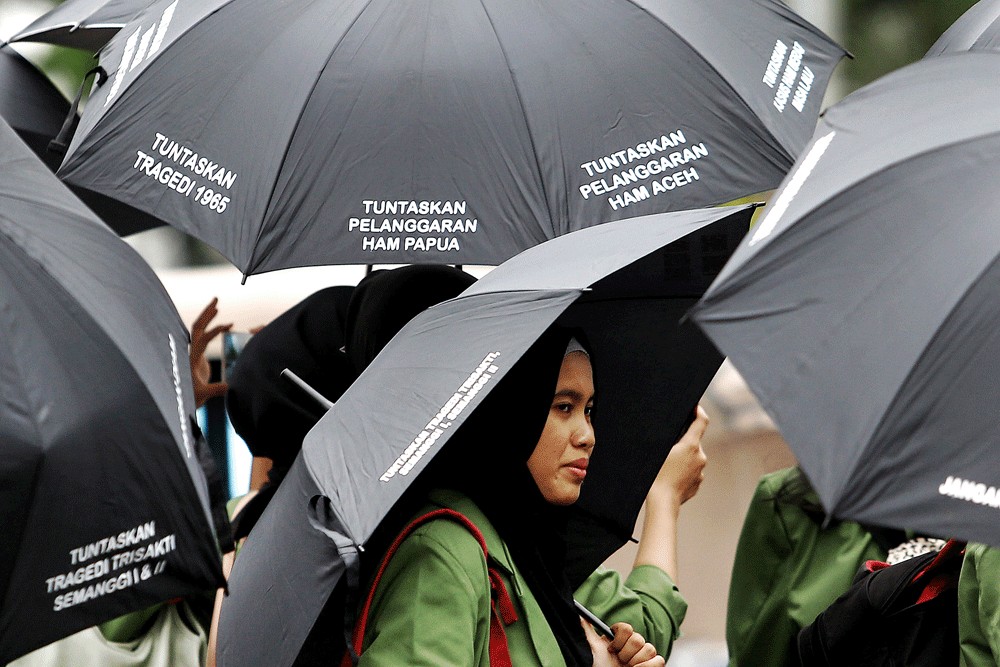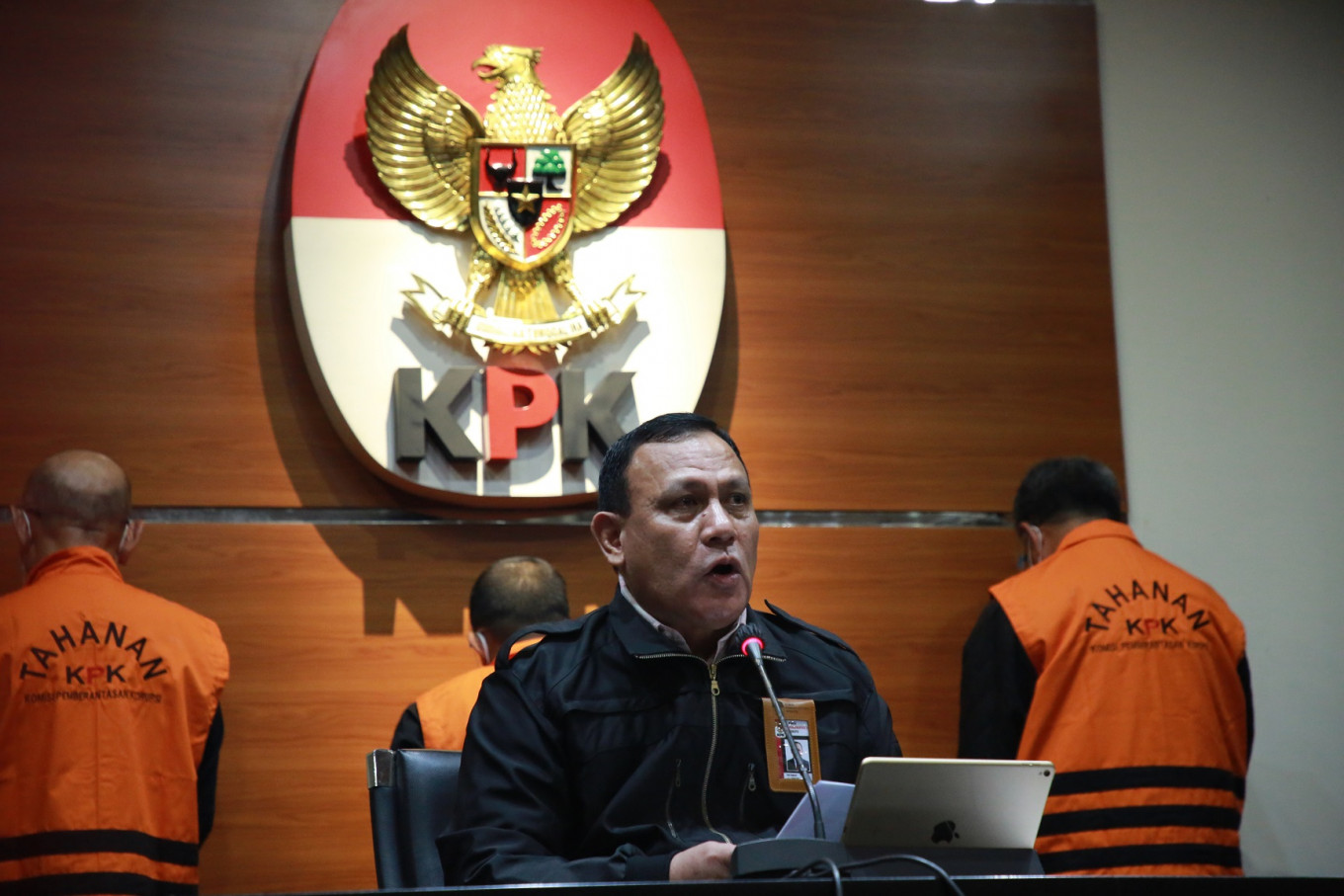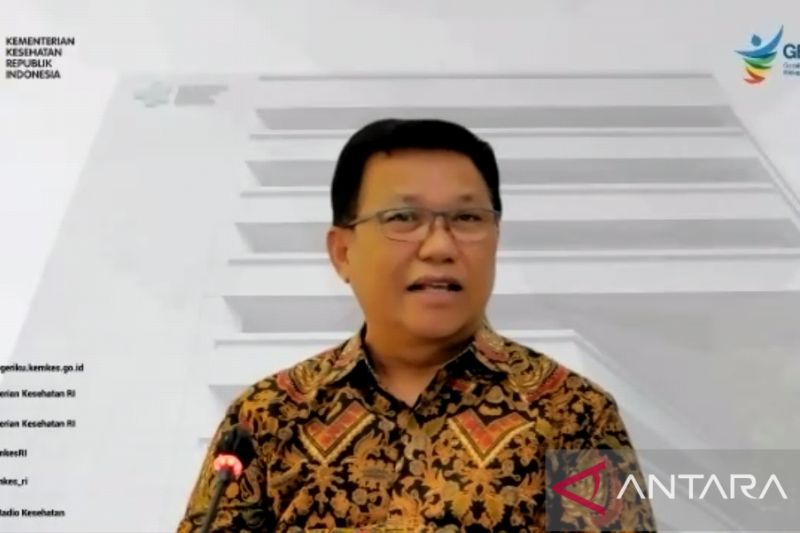New Delhi: A Pakistani documentary film by Shehzad Hameed Ahmad on Islamophobia in India has won accolades at London’s Association for International Broadcasting Awards 2022. India’s Saffron Brigade, the first of a three-part documentary series, ‘In Bad Faith’, turns its gaze on the growing communal divide in India and the rise of populist nationalism.
It won in the ‘Politics and Business TV/Video Category’ in November 2022, but started trending in local Pakistani media after a national daily picked it up.
‘In Bad Faith’ series investigates the connections between populist nationalism, religion, and violence as well as how they affect minorities in Pakistan, Sri Lanka, and India.
“I wanted to understand what is causing the rise of religious nationalism in India, Indonesia, Pakistan and Sri Lanka. How this could impact peace and stability in these countries. And why it matters to other societies in the region, and elsewhere in the world,” Ahmad told ThePrint.
Inside India’s Saffron Brigade
The 49-minute-long India’s Saffron Brigade starts with the line, “the meteoric rise of Hindu nationalism has jolted India’s secular democracy”, in the background of an RSS training session. It seeks to investigate “the rise of” Rashtriya Swayamsevak Sangh (RSS).
“For India’s Saffron Brigade, we filmed across Delhi, Uttar Pradesh, Rajasthan, Assam, and Mumbai over a period of eight months,” said Hameed.
The documentary features Congress MP Shashi Tharoor, columnist Vir Sanghvi, as well as the former editor of Organiser, Seshadri Chari, among others. They discuss the rise of the RSS – from Independence to the current times – along with the Babri Masjid demolition, the rise of vigilantism in the name of cow protection, narratives of the so-called ‘love jihad’, the Citizenship (Amendment) Act, and the 2020 Delhi riots to show how, as Vir Sanghvi puts it, there is “a weaponisation of history against minority communities”. The documentary also explores Partition and M.K. Gandhi’s assassination.
![]() Pakistan’s documentary filmmaker Shehzad Hameed Ahmad’s series ‘In Bad Faith’ | Photo by special arrangement
Pakistan’s documentary filmmaker Shehzad Hameed Ahmad’s series ‘In Bad Faith’ | Photo by special arrangement
“It was the first documentary of a three-part series that examines how Hindu, Islamic and Buddhist nationalist groups have been used by political powers in India, Pakistan, Sri Lanka, Indonesia and Myanmar to cause societal divide and violence in some parts of Asia to spread majoritarianism,” Ahmad said.
The filmmaker wanted to highlight how India’s secular fabric is under assault. During the course of filming, the makers “documented the rise of Rashtriya Swayamsevak Sangh who have used fake news against Indian Muslims to gain power,” Ahmad added.
India’s Saffron Brigade ends by asking the viewers to question whether India can fight back to revive Gandhi’s ideals of a pluralistic, multi-faith society.
Also read: Fawad Khan’s Maula Jatt release in India just sparked fresh wave of hate
Islamic right-wing in Pakistan
Ahmad turns a critical eye on the rise of Islamic right-wing groups in Pakistan and Indonesia for the other two parts.
“Groups that have blasphemy laws against religious minorities to gain political power. In all three cases, the weaponisation of the majority faith has come at the price of the religious minorities.”
But Ahmad was keen to see how groups countered this dominant narrative. The series observed and recorded inter-faith groups working towards dispelling paranoia and hate.
Speaking to ThePrint, Ahmad also praised the crew members in India. “The India crew were one of the best I’ve worked with. They were very professional and brave.”
Reception in Pakistan and India
According to Ahmad, Pakistanis have watched India’s Saffron Brigade with a “great deal of concern as they are well versed with religious extremism that they have faced for the last 20 years”.
“Many Indians won’t know that Pakistan was officially not an Islamic republic until Zia changed the constitution. The hope is that India doesn’t go down the same path taken by Pakistan which was documented by me in part 2 of this series called Islam’s Battle Within,” Ahmad said.
In India, the filmmaker confessed to having received death threats. But he fondly remembers stand-up comedian and Aisi Taisi Democracy member Sanjay Rajoura’s message from India.
Rajoura “messaged me saying he loved the documentary. I’m a big fan of his stand-up and that’s why I wanted to showcase his wonderful work with Aisi Taisi Democracy in the film. The aim was to show the world that despite the rise of Hindutva, the majority in India believes in secularism and that brave activists like Sanjay aren’t going to back down.”
Also read: Pakistan seals Gurdwara Shaheed Bhai Taru Singh saying it’s a mosque. Sikhs are angry
Accolades abound
The director has worked on climate change issues and Pakistan’s education system. He recently went undercover to learn how water meant for residential neighbourhoods in Karachi is syphoned off and sold to factories for a premium.
His films have put the spotlight on social evils like child brides in Nepal and child abuse in Pakistan.
Shehzad Hameed Ahmad has also developed a reputation for securing unheard-of access to highlight the suffering of those caught in armed conflict, whether it is with Taliban officials sheltering in Afghanistan, the Mumbai attack planners in Pakistan, ISIS recruiters in Marawi, or white supremacist militia organisations in Georgia.
He has received numerous honours in the past for his work as a documentary filmmaker, including ten World Medals at New York Festivals. He was also given the Agahi Journalist of the Year award in Pakistan in 2016.
His documentary Pakistan’s Heat Storm about the impact of climate change won awards at the Golden Earth Film Awards in India in 2022.
(Edited by Prashant)









